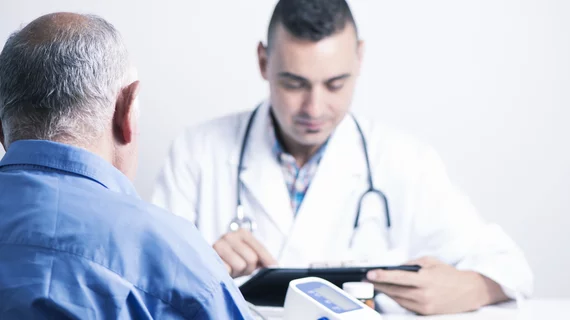EHR use linked to physician burnout
Physicians are feeling the burn, and electronic health records are playing a role in symptoms of burnout, according to a recent study published in JAMIA.
Physician burnout is so prevalent across the industry that many institutions have made it a major focus area of improvement.
The study surveyed nearly 4,200 physicians in Rhode Island on their health information technology (HIT) use in 2017. Out of approximately 1,800 respondents, 26 percent reported burnout.
The high rate of burnout comes at a time when physicians are in high demand, with job growth in the sector jumping 7 percent in 2018.
Of physicians who were EHR users in the study (90 percent), a whopping 70 percent reported HIT-related stress. The highest prevalence of HIT-related stress was reported by primary care-oriented specialties, the study found. The amount of time spent on documentation also had an effect on feelings of burnout, and those who felt EHRs added to their frustration were much more likely to feel burnout.
Physicians who said EHRs add to their daily frustration had 2.4 times the odds of burnout compared to those who disagreed.
Physicians that reported poor/marginal time for documentation also had 2.8 times the odds of burnout, compared to those who reported sufficient time. Those who reported moderately high or excessive time on EHRs at home had 1.9 times the odds of burnout compared to those with minimal or no EHR use at home.

